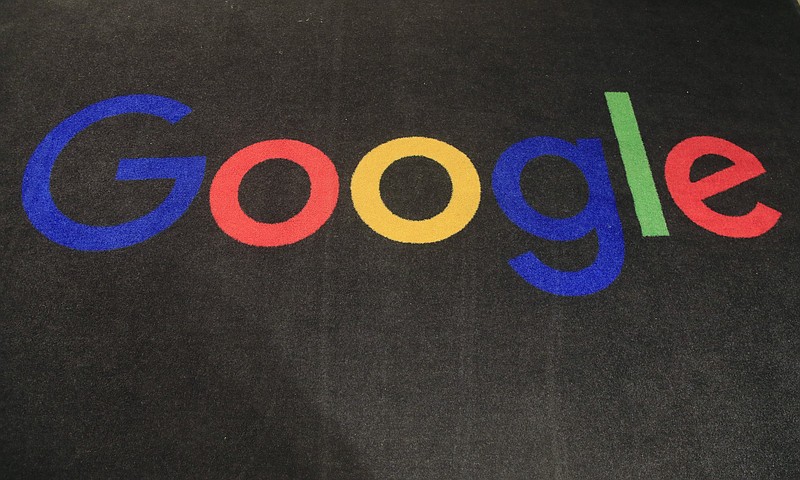BRUSSELS -- Big tech companies like Google and Facebook parent Meta will have to police their platforms more strictly to better protect European users from hate speech, disinformation and other harmful online content under landmark EU legislation approved early Saturday.
European Union officials clinched the agreement in principle on the Digital Services Act after final negotiations that began Friday. The law will also force tech companies to make it easier for users to flag problems, ban online ads aimed at kids and empower regulators to punish noncompliance with billions in fines.
The Digital Services Act, one half of an overhaul for the 27-nation bloc's digital rule book, helps cement Europe's reputation as the global leader in efforts to rein in the power of social media companies and other digital platforms.
"With the [act], the time of big online platforms behaving like they are 'too big to care' is coming to an end," said EU Internal Market Commissioner Thierry Breton.
EU Commission Vice President Margrethe Vestager added that "with today's agreement we ensure that platforms are held accountable for the risks their services can pose to society and citizens."
The act is the EU's third significant law targeting the tech industry.
While the Justice Department and Federal Trade Commission have filed major antitrust actions against Google and Facebook, Congress remains politically divided on efforts to address competition, online privacy, disinformation and more.
The EU's new rules should make tech companies more accountable for content created by users and amplified by their platforms' algorithms.
The biggest online platforms and search engines, defined as having more than 45 million users, will face extra scrutiny.
Breton said they will have plenty of stick to back up their laws, including "effective and dissuasive" fines of up to 6% of a company's annual global revenue, which for big tech companies would amount to billions of dollars. Repeat offenders could be banned from the EU, he said.
The tentative agreement was reached between the EU parliament and the bloc's member states. It still needs to be officially rubber-stamped by those institutions, which is expected after summer but should pose no political problem. The rules then won't start applying until 15 months after that approval, or Jan. 1, 2024, whichever is later.
"The DSA is nothing short of a paradigm shift in tech regulation. It's the first major attempt to set rules and standards for algorithmic systems in digital media markets," said Ben Scott, a former tech policy adviser to former presidential candidate Hillary Clinton who's now executive director of advocacy group Reset.
Under the EU law, governments would be able to ask companies to take down a wide range of content that would be deemed illegal, including material that promotes terrorism, child sexual abuse, hate speech and commercial scams. Social media platforms like Facebook and Twitter would have to give users tools to flag such content in an "easy and effective way" so that it can be swiftly removed. Online marketplaces like Amazon would have to do the same for dodgy products, such as counterfeit sneakers or unsafe toys.
These systems will be standardized to work the same way on any online platform.
Tech companies, which had lobbied Brussels to water down the legislation, responded cautiously.
Twitter said it would review the rules "in detail" and that it supports "smart, forward thinking regulation that balances the need to tackle online harm with protecting the Open Internet."
TikTok said it awaits the act's full details but "we support its aim to harmonize the approach to online content issues and welcome the DSA's focus on transparency as a means to show accountability."
Google said it looks forward to "working with policymakers to get the remaining technical details right to ensure the law works for everyone." Amazon referred to a blog post from last year that said it welcomed measures that enhance trust in online services.
The Digital Services Act bans ads targeted at minors, as well as ads based on users' gender, ethnicity or sexual orientation. It also bans deceptive techniques companies use to nudge people into doing things they didn't intend to, such as signing up for services that are easy to opt into but hard to decline.
To enforce the new rules, the EU's executive commission is expected to hire more than 200 new staffers. To pay for it, tech companies will be charged a "supervisory fee."
Information for this article was contributed by Kelvin Chan, Barbara Ortutay and Frank Jordans of The Associated Press.
